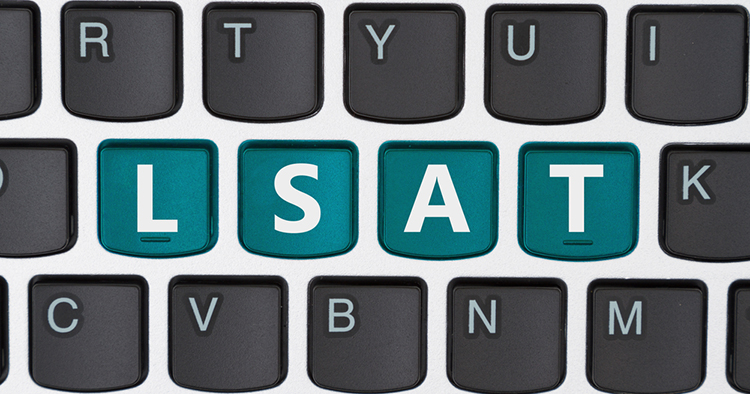ABA Legal Ed council advances proposal to make law school admissions tests optional

Image from Shutterstock.
Updated: The council of the ABA Section of Legal Education and Admissions to the Bar has advanced a proposal to make standardized admissions tests optional at accredited law schools.
On Friday, a majority of the council voted for an amendment to its testing mandate, Standard 503, at its hybrid meeting in Atlanta.
The standard requires that law schools must use a “valid and reliable” test to assess applicants. Historically, that test has been the Law School Admission Test, or LSAT. At the Friday meeting, the council also voted in favor of amending Standard 501 to include an annual review of admissions policies and practices.
The proposal is expected to go to the ABA House of Delegates for consideration at its midyear meeting in New Orleans in February 2023, and was amended Friday to state that if adopted the changes would not be implemented until the fall of 2025.
The push to change Standard 503 comes after the council said in November 2021 that ABA accredited law schools could also use the Graduate Record Examination, or GRE, when considering applicants. The amended standard could end a testing requirement that for more than 50 years has been the foundation of law school admissions.
Plans to alter the standard proved divisive. In May, the council decided to allow public comment for 90 days on the proposed amendments. Those in favor of relaxing Standard 503 said it would open law school doors to more underrepresented students and improve diversity in the legal profession.
According to the Law School Admission Council, which administers the LSAT, from 2017 to 2018, the mean LSAT score for white test-takers was 11.5 points higher than the mean score for Black test-takers. The council’s 2022 report also suggested disparities between white test-takers and Native Americans, Hispanics and other minorities.
“I believe by eliminating the standardized test requirement the legal field could possibly become more diverse and inclusive,” wrote Jameelah Kates, an African American woman, who was among the many to write in support of relaxing the standard.
But those opposed to the changes argued the LSAT is still the best way to determine an aspiring lawyer’s readiness to meet the demands of law school and provides an added protection because of the heavy debt burden that attending entails.
In September, 60 law school deans mounted a defense of the standard. They argued that relaxing it would not necessarily even the playing field for underrepresented students. In their letter, the deans feared that the changes would be “premature and could have effects contrary to what is desired.”
“Specifically, we fear that an unintended consequence of removing Standard 503’s requirement that JD applicants take a valid and reliable admissions test will be to diminish the diversity of law schools’ incoming classes, by increasing reliance on grade-point average and other criteria that are potentially more infused with bias,” the letter states.
David Klieger, director of legal education at ETS, a nonprofit educational testing and assessment organization, echoed those concerns at the council meeting.
“While the future cannot be known with absolute certainty, if the proposal is approved, there is a significant risk that competitive stresses will pressure law schools to consider lowering admission standards,” Klieger said. “The stakes here are great. Law school is unlike so many other areas of higher education, and getting this wrong is enormously consequential.”
But council member Craig M. Boise, the dean of the Syracuse University College of Law in New York, noted that the percentage of Black students in law schools had “barely budged” over the decades. He argued that the gains that have been made could not be attributed to the requirement to take an LSAT.
“I find the argument that a standardized test is necessary to save diversity and legal education to be frankly bizarre,” Boise said. “There’s innumerable studies that establish that any standardized test, even without the intent of doing so, does discriminate because it reflects systemic inequities in our education system across the country, and that is invariably most disadvantageous to Black test-takers.”
The push to relax Standard 503 is not without precedent. A similar plan was floated in 2018 to get rid of the law school entry exam requirements but was withdrawn shortly before the House of Delegates had a chance to vote on it.
Javier A. Maymí-Pérez, a spokesman for the LSAC, said the council was pleased that the proposal was amended, so that the changes would not take effect for three years.
“Delaying implementation until fall 2025 will allow law schools time to prepare if the test-optional policy is ultimately approved and help reduce disruption for schools and students alike. Delaying implementation will also provide more time for research already underway to help establish whether test-optional policies actually help to advance diversity,” Maymí-Pérez wrote in an email.
Updated Nov. 18 at 3:26 p.m. to add quotes from David Klieger and Craig M. Boise. Updated Nov. 18 at 4:18 p.m. to add quote from Javier A. Maymí-Pérez.



